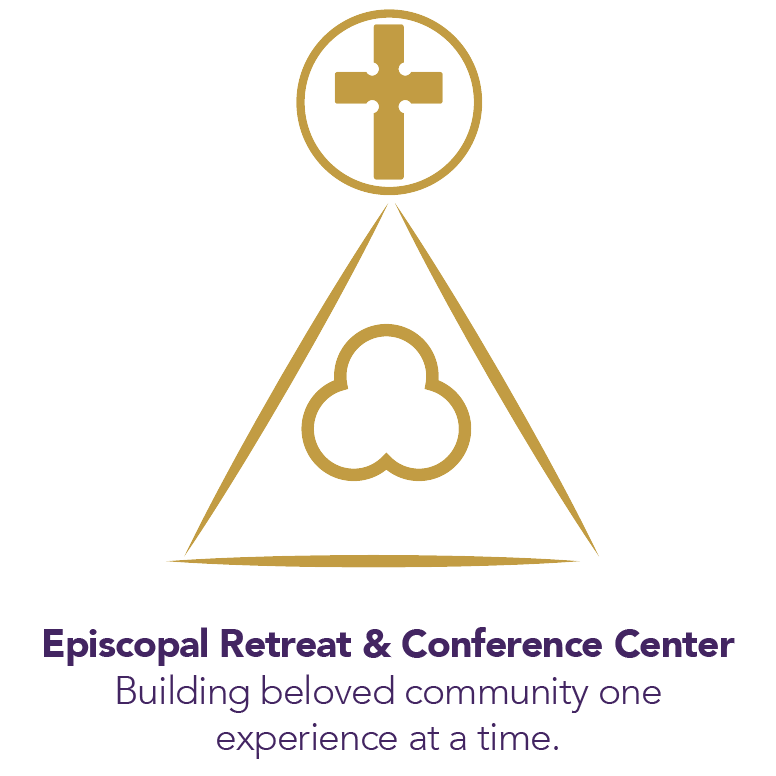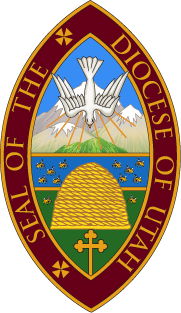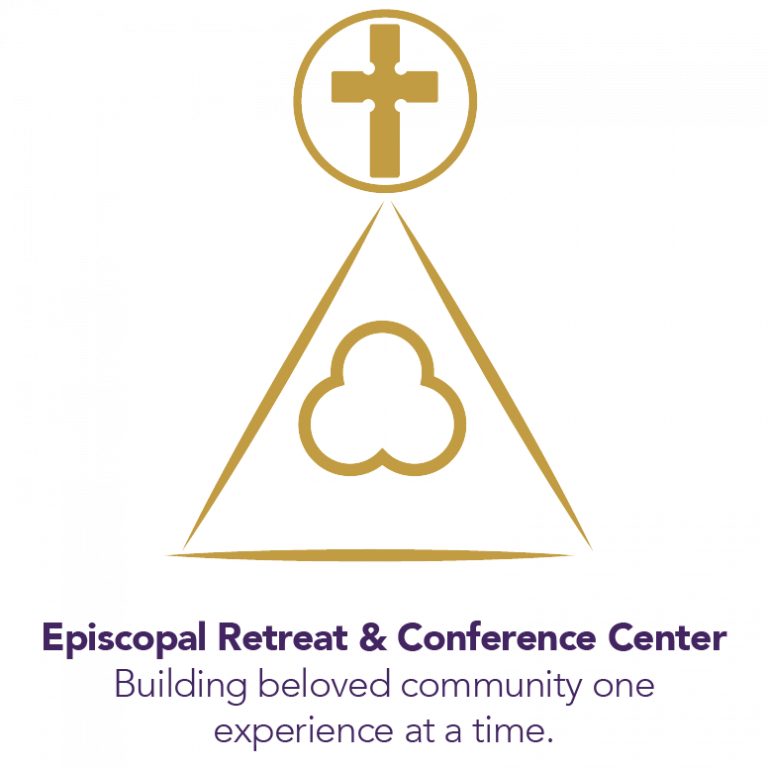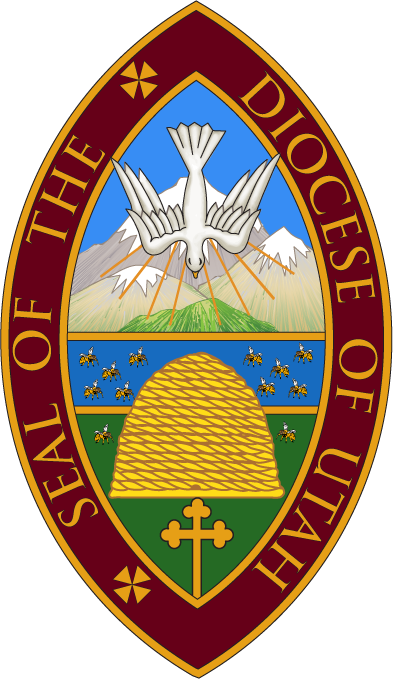This is another in a series of communications from the Nominating/Search Committee. The articles are designed to inform and educate the Diocese about the search process. This is from committee member Mary McEntire of St. Luke’s in Park City.
At the 1989 General Convention of The Episcopal Church, a call was made to produce “a theological statement on the episcopate.” As a result, faculty members from General Theological Seminary, Union Theological Seminary and Church Divinity School of the Pacific joined with bishops to produce a pastoral letter issued by the 1991 General Convention entitled: “The Ministry of Bishops: A Study Document Authorized by The House of Bishops of The Episcopal Church.” Although we may think that a document from almost 30 years ago is “ancient history,” in the almost 2,000 year history of the Christian Church it remains relevant.
This pastoral letter was grounded in the theology of a bishop as outlined in the Ordination of a Bishop, found on pp 512-523 of our 1979 Book of Common Prayer. It focused on the Examination and questions asked of each bishop-elect (pp 517-518). The 1979 Book of Common Prayer, as this document emphasizes, was designed to reclaim the biblical roots, not only of the role of bishops but also of the Christian Church. (Bishop Hayashi, when touring the Diocese of Utah as a candidate for bishop in 2010 spoke of the 1979 BCP as containing “a time bomb” in light of this goal of reclamation). The House of Bishops recommended that this document, particularly the Study Guide (p. 105), be read by nominating committees engaged in the search for new diocesan bishops.
What conclusions were drawn? First, the pastoral letter made it clear that a bishop “is not simply a corporate executive” (p. 104). The “new relation to God in the Spirit” (ibid) marks the critical distinction between secular and sacred. Second, the letter was organized around the three pastoral functions of bishops as outlined in the Ordinal (pp 79-80 of the letter, pp 517- 518 of the 1979 BCP):
1. “The Bishop as Proclaimer of the Gospel and Teacher of the Christian Faith.
2. The Bishop as Provider of and Presider over the Sacraments. (Baptism and Eucharist)
3. The Bishop as leader in the Councils of the Church, local, national and supra-national.”
The body of the letter provided the biblical background and documentation for these three roles.
So, as we undergo our search process for the 12th Bishop of Utah, these three pastoral functions will be guidelines. No one individual can perfectly meet all of them, so the input of members of our diocese (through the Survey and other expressions of opinion) will help us to prioritize whom we seek as our next bishop.



